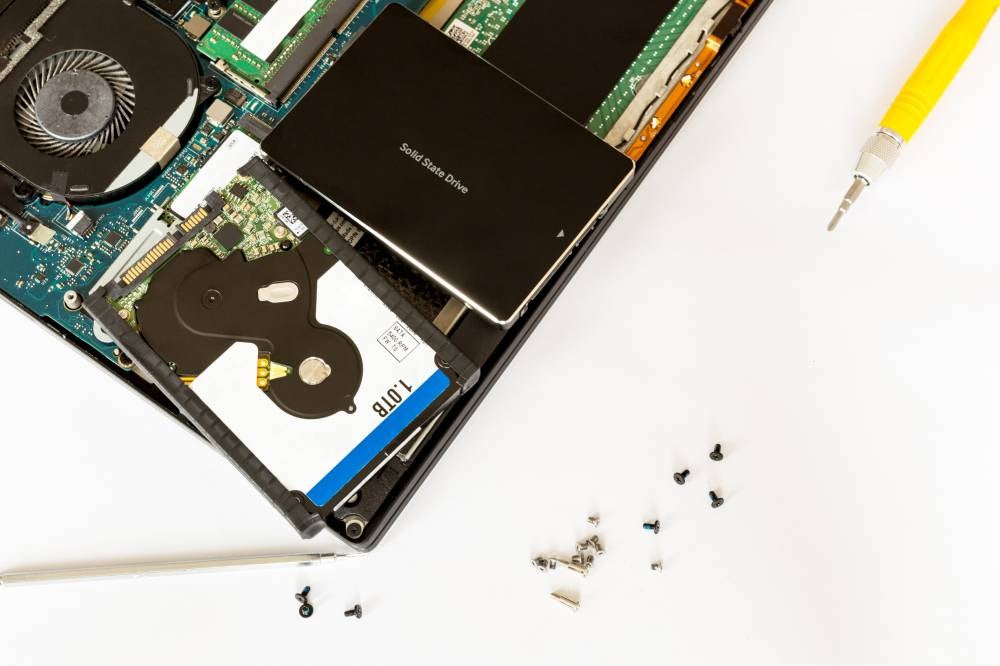Hazardous materials contaminate groundwater
AISYAH BASARUDDIN
SHAH ALAM - Hazardous materials such as mercury, lithium, cadmium, or bromine found in mobile phone and laptop batteries can contaminate groundwater and cause soil infertility if not disposed of in an environmentally friendly manner.
Universiti Putra Malaysia (UPM) environmental and waste management expert Dr Mohd Yusoff Ishak said waste water from these batteries will dissolve, evaporate and seep into the soil cavities, disrupting the air and water cycles in the country.
He said the waste from most landfill sites will flow into smaller streams and eventually larger rivers.
He added that it is well known that many people use river water as a source of raw water that is treated.
"Therefore, contaminated water and land can no longer be used for agricultural activities except for waste disposal purposes only.
"These materials are dangerous because e-waste is categorised as scheduled waste and needs to be handled specifically, not in the same way as domestic waste management methods.
"Moreover, when we are in a country with hot and humid weather all year round, the effects are indeed felt in the long term," he told Sinar.
When asked about whether the current level of e-waste management in the country was sufficient, Yusoff said the registered industrial sectors have played their roles very well under the supervision of the Environment Department (DOE) because they have clear procedures.
However, the management of e-waste at the household level needs to be improved immediately so that the proliferation of such materials in the market does not adversely affect the environment.
"The existing landfill sites are not designed to treat e-waste, causing the accumulation of these materials to become excessive and unable to be supported by these sites," he said.
Therefore, he said, cooperation between the Natural Resources and Environmental Sustainability Ministry and the Housing and Local Government Ministry needed to be mobilised to discuss the best mechanisms for managing e-waste.









